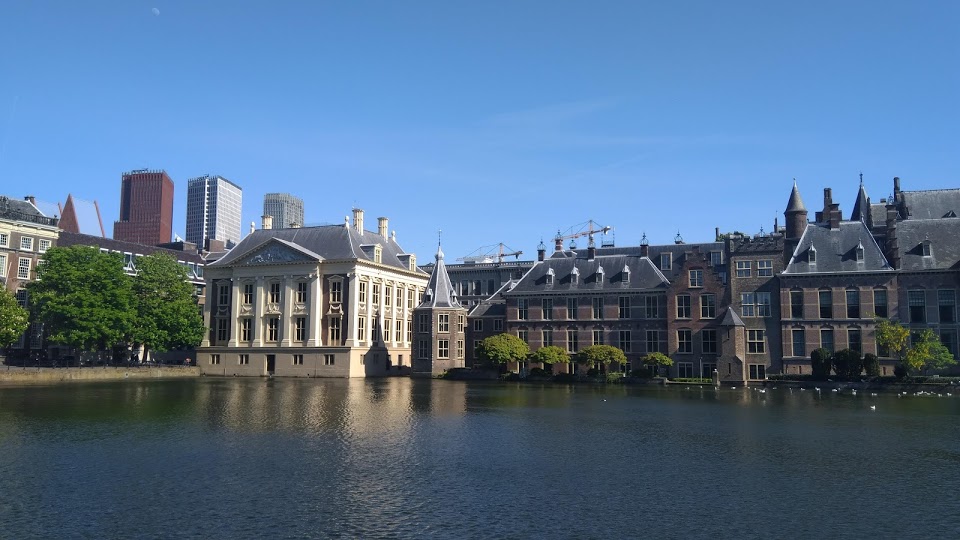Prime minister’s staff must leave the Binnenhof within a month

The Hague city council has given prime minister Dick Schoof’s civil service team a month to clear their desks in preparation for an overhaul of the parliamentary complex, despite fears that it could compromise state secrets.
Mayor Jan van Zanen rejected an application by housing and public space minister Mona Keijzer to extend a deadline to relocate the prime minister’s staff until next spring because of concerns about fire safety.
Schoof is due to move out of the prime minister’s office, known as the Torentje or little tower, by the end of the month along with a core group of officials.
Van Zanen last month rejected an application to delay the move in the interests of digital security. The mayor acknowledged the risks, but said that “the physical safety of people in and around the Binnenhof complex always comes first.”
Keijzer argued that another 70 civil servants from Schoof’s department, the ministry of general affairs (Algemene Zaken), should be allowed to stay for another six months while their computers were moved to a secure location.
But Van Zanen refused to extend the deadline beyond September 18 because the premises no longer comply with fire safety regulations. If the officials overstay their term it will trigger a conditional penalty of €100,000 a week until they move.
“We have reached the limit,” Van Zanen said on Monday. “There is no scope to delay the moment the Binnenhof [parliament complex] is completely empty. A fire in the centre of The Hague is unacceptable and unthinkable.”
A spokesman for the housing ministry said it would study the consequences of the mayor’s decision.
The rest of the parliamentary and government offices in the Binnenhof, including the debating chamber, have already been moved to other locations ahead of the renovation, which is already running over time and over budget.
Former housing minister Hugo de Jonge said in April that the project was expected to cost €2 billion, four times the original estimate, and be completed in 2028, two years later than planned.
The costs have been inflated by the need for extra security measures, as well as higher maintenance costs. The buildings housing the Senate and Lower House were both found to be in a worse state of repair than originally thought, while the amount of asbestos that needs to be removed has also increased.
Thank you for donating to DutchNews.nl.
We could not provide the Dutch News service, and keep it free of charge, without the generous support of our readers. Your donations allow us to report on issues you tell us matter, and provide you with a summary of the most important Dutch news each day.
Make a donation